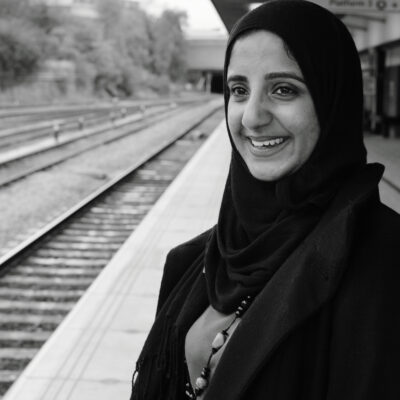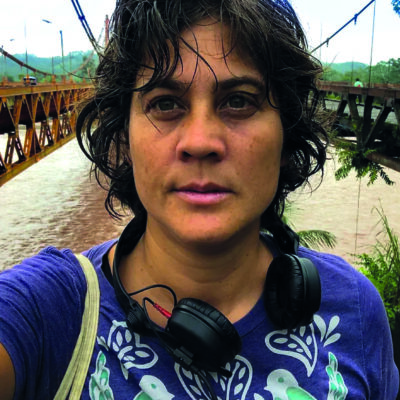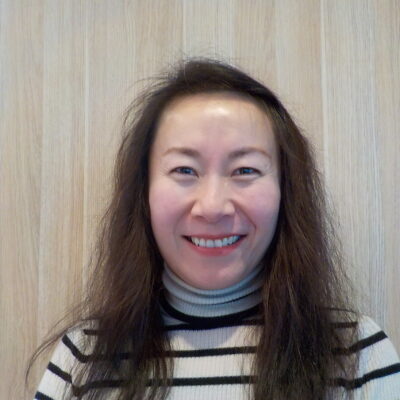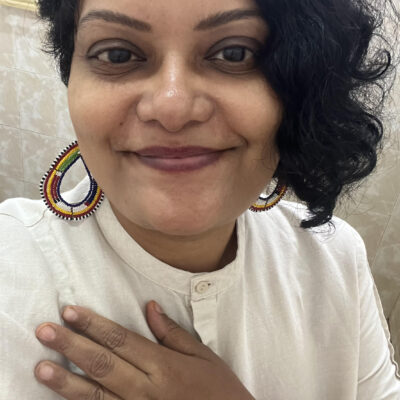DATE: Wednesday 25 September 2024
TIME: 6pm-7.30pm AEST (Additional timezones: 9am-10:30am London). Check your timezone.
Featuring Imagine case studies from the UK (Dahlia Publishing), Peru (Dinamo), Sri Lanka (‘It’s About Time’ travelling museum) and Ngunnawal country AU (ACT Bilingual Story Time), this online session explores the efforts to preserve and showcase diverse cultural heritage, traditions, and languages. This global panel centres game-changing initiatives to promote the arts, literature, and cultural practices of Indigenous communities and ethnic minorities.
SPEAKERS:
- Verónica Boggio, Visual Anthropologist & Founder of DinamoKulturlab, Peru
- Farhana Shaikh, Writer, Editor & Founder of Dahlia Publishing, UK
- Lin Zhao-Balogh, Multicultural Coordinator, Libraries ACT, Ngunnawal country AU
- Sulakshana de Mel, Social & Cultural Anthropologist, Sri Lanka
MODERATOR: Dr Bilquis Ghani, Lecturer in Arts, Canberra University
Welcome by Lena Nahlous, CEO, Diversity Arts Australia
The Imagine Project by Diversity Arts Australia is proudly supported by British Council and Creative Australia as part of the Creative Equity Toolkit.
Speakers:
Farhana Shaikh
Farhana Shaikh is a writer and publisher born in Leicester. She established Dahlia Books, a small press from the corner of her kitchen. In 2017 she won the Penguin/Travelex Next Great Travel Writer prize and was longlisted for the Spread the Word Life Writing Prize. Her short play Risk was produced as part of Kali Theatre’s discovery programme. She teaches at De Montfort University and manages the Middle Way Mentoring project.
Verónica Boggio
Verónica Boggio is a visual anthropologist with expertise in research, teaching, and audiovisual and cultural production. Her interdisciplinary practice blends research on education, the Amazon, arts, and communication with audiovisual production focused on participatory video, cultural heritage, and interculturality. As the founder of DinamoKulturlab, Verónica is currently pursuing training in cinematic archive preservation.
Lin Zhao-Balogh
Lin Zhao-Balogh is the Multicultural Coordinator at Libraries ACT, where she champions diversity and inclusion within the community. With a diverse background from social policy to project management and to language training, Lin specialises in creating programs that celebrate cultural diversity and foster cross-cultural understanding. Her role involves developing partnerships and
initiatives that enhance access to library services for multicultural communities. Lin’s passion for equity and her strategic vision drives her promote inclusivity and engagement across diverse groups.She is dedicated to building a more connected and culturally rich community.
Sulakshana de Mel
Sulakshana de Mel is a social and cultural anthropologist who has received academic training from both Oxford and Cambridge universities in the United Kingdom. With more than nineteen years of experience addressing various gender-related development issues, she has combined academic interests with practical work alongside numerous international organizations. Her areas of specialization encompass gender, memorialization, and historical dialogue, which are integral to the four pillars of transitional justice. Sulakshana leverages her expertise to foster creative expression through exhibitions, mobile installations, and storytelling formats, enabling both children and adults to engage interactively with challenging subjects.
Dr Bilquis Ghani Director
Dr Bilquis Ghani is a Lecturer in Arts at the University of Canberra. Her research focuses on the mobilisation of the creative process through moments of social and cultural rupture. Bilquis is the lead for Hunar Symposia, a collective of academics and artists creating spaces of decolonisation, discourse and collaboration between practice and theory. She is also on the board of directors for Diversity Arts Australia and HADIA Foundation. Her book, A Sociology from Art Praxis in Afghanistan, will be released by Palgrave Macmillan in 2026. Before returning to academia, Bilquis worked for many years as a DEI practitioner, including as Head of Inclusion at the Sydney Opera House.







